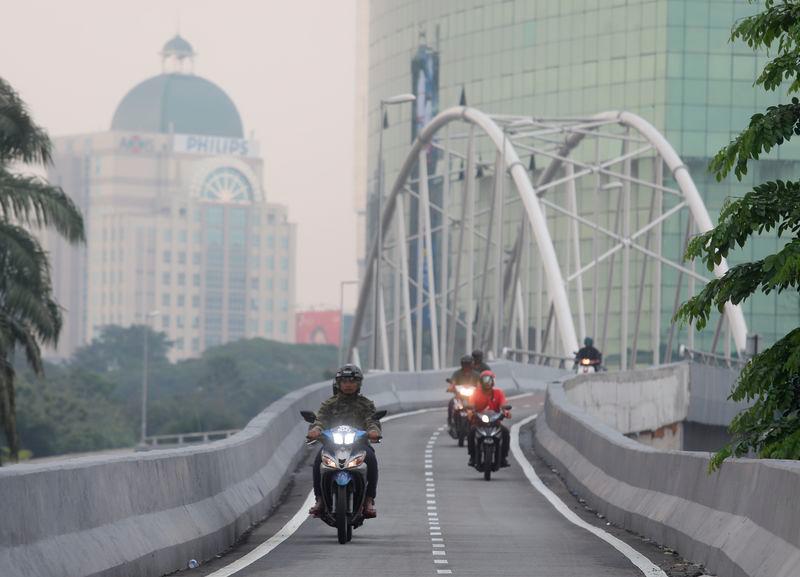ALMOST every day we are bombarded with disturbing news of road crashes in urban centres or rural areas across the country.
Alarmingly, Malaysia has the third highest road traffic fatality rate in Asia, trailing Thailand and Vietnam.
In 2023, a total of 6,344 individuals were killed in road crashes nationwide, with approximately 4,000 of those being motorcyclists. This means on average, one person is killed every two hours, which is worrying.
Most motorcycle fatalities result from frontal collisions where two vehicles travelling in opposite directions crash into each other. These incidents often involve cars or trucks hitting motorcycles at intersections, usually occuring when motorcyclists run a red light.
Riding a motorcycle is a great way to avoid traffic jams. However, most motorcyclists lack patience, and often act as if traffic lights are always green for them.
In Malaysia, the legal age to obtain a motorcycle licence is 16. However, a recent suggestion by a road safety expert from Universiti Putra Malaysia has sparked discussions about raising this minimum age to 19 after alarming statistics revealed that 20% of motorcyclists who died in road crashes were aged between 16 and 18.
The suggestion was met with opposition from the Malaysian Driving Institute Association, which argued that those aged 16 to 18 are considered mature enough to possess motorcycle licences, and that the proposal was discriminatory.
Maturity is subjective. If individuals in this age group were mature and responsible, we would not be seeing them engaging in illegal street racing, and the police would not need to conduct “Ops Samseng Jalanan” operations to track them down.
Maybe, we can learn from neighbouring countries. According to Vietnamese law, children under 16 are not permitted to ride motorcycles, and teenagers between 16 and 18 can only ride motorcycles with an engine capacity of not more than 50cc.
Once they turn 18, youths are eligible to take a test to obtain a motorcycle licence.
Teenagers who ride without a licence, as well as those who provide them with motorcycles – such as parents – are subject to fines. Additionally, a report may be sent to their schools, followed by disciplinary action.
It is encouraging to note that starting Jan 1, 2025, all new motorcycles in Malaysia with engine capacities of 150cc and above will be required to have anti-lock braking systems. This will help prevent wheel lock-up during hard braking, allowing motorcyclists to maintain control and stability. This will ultimately reduce the severity of potential accidents.
The Madani government must demonstrate the resolve to address motorcycle fatalities.
A multipronged approach is necessary to tackle this issue and save the lives of young Malaysians.
Wong Soo Kan
Petaling Jaya









